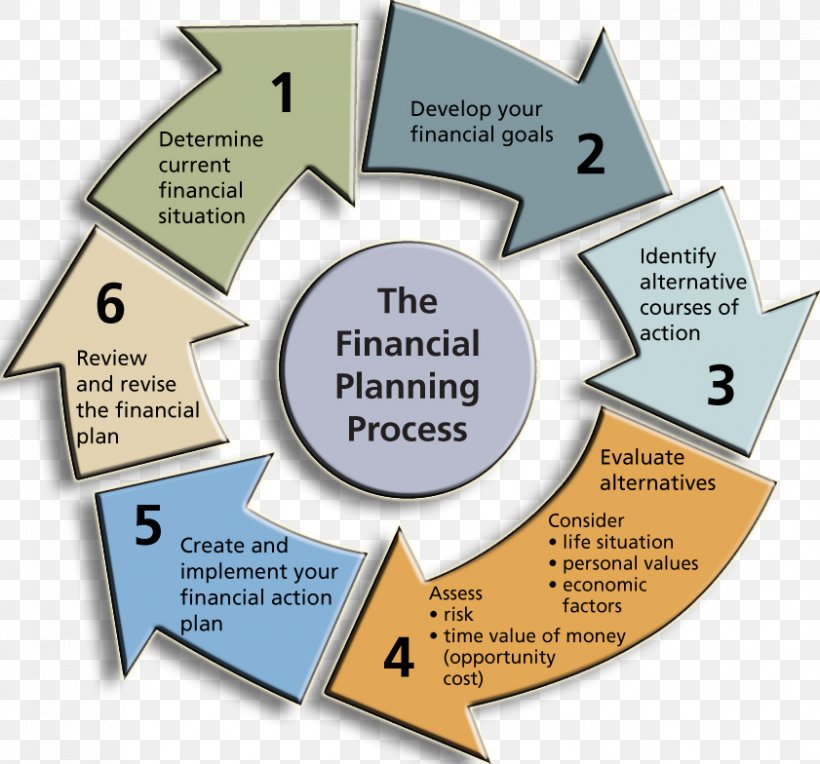
These are the most important steps to take when you start a business. These steps include tax reporting as well as overhead, profit margins, and growth strategies. You are now ready to launch your business after you have completed all these steps. You will need a business plan to ensure your business is profitable.
Tax reporting
Business contractors need to file several forms. They all have a different deadline. January 31 is the due date for Form 1096. This summarizes the information in a 1099-NEC. There are other forms that have different due dates. Before you create your tax reporting calendar, it is important to carefully review these dates. For example, if you're an independent contractor, you must file Form 1099-NEC forms to each client you work for.
Business owners must identify whether these workers are employees or independent contractors to avoid paying penalties for not reporting them. There is no formula the IRS uses to identify whether workers are employees or contractors. Owners of small businesses must consider whether the work performed represents a core aspect of their business.
Overhead
The overhead for business contractors is the cost of running a business. It includes direct costs such as labor and machinery, as well as indirect costs. Indirect costs include general office expenses, business insurance, and bookkeeping. All these expenses must be taken into account in order to calculate total overhead.

Once you have compiled the list, it is time to calculate overhead. It's best to use a consistent period such as a month. This will make calculations more consistent. It's also important to identify when overhead costs will be due.
Margin of Profit
The CFI 2020 Contractor Survey asked contractors about their profit margin last year. Although there were encouraging signs, contractors preferred to not share their profitability numbers. However, a larger number of contractors did report a profit margin between six and 11 percent. You can increase your profit margin if you are in construction by adding value to the projects of your customers.
The markup is an important part of any company. Contractors should be aware of how much they can charge for their services. The overhead you have to pay for your services should also be taken into account when calculating the markup. Using a markup table is a great way to determine how much to markup for your work.
Growth strategy
Your target market is the first step to being a successful business contractor. Your target market, as a general contractors, is the people that will make or destroy your business. To win their business and to get referral and repeat business, you need to build relationships. You should also be able to identify profitable opportunities.
You might believe that expanding into new markets or adding more services will result in increased revenue and market share. However, this approach is a risky proposition and should only be undertaken by larger companies that are already well established. It can bring the business to its knees if it fails.

Unemployment insurance
In many states, business contractors can get unemployment insurance. If you are a service provider, it may be necessary to work in certain locations and hours. These guidelines may prevent you from being able to work, but you have the option to get unemployment insurance for business contractors.
Unemployment insurance can be costly. Employers should consider the Work Sharing program, which will allow them to reduce employee hours while still providing benefits. For businesses looking to avoid losing employees, Work sharing is a great option.
FAQ
How do I attract clients to my consultancy business
It is important to identify an area of passion. This could be social media or public relations. However, it must be something that you are passionate about. If not, you may have to start small by finding a niche market such as web design. Once you've found this niche, make sure you understand what makes it tick. What problems does the solution solve? Why should people use it? How can you help them?
You could also approach businesses directly. Perhaps they are looking for someone who can help them understand SEO and content creation or just need advice on social media strategy.
If all else fails offer your services for free at networking events and conferences. You'll get to know many potential clients without spending money advertising.
What jobs are available as consultants?
Consultant work requires a deep understanding of business strategy, operations, and other aspects. You need to be able to comprehend how businesses function and how they fit in with society.
You must have excellent communication skills as well as the ability to think critically in order to be a consultant.
Because they might be required to complete different tasks at different times, consultants must be flexible. They should be able change direction quickly, if required.
They must be prepared to travel extensively for the clients they represent. This type of work can take them all over the world.
They also need to be capable of handling stress and pressure. Consultants may need to meet strict deadlines.
As a consultant you might work long hours. This can mean you might not always receive overtime compensation.
What is the difference between a consultant and an advisor?
An advisor is someone who provides information about a subject. Consultants offer solutions to problems.
A consultant works directly with clients to help them achieve their goals. An advisor advises clients indirectly through books, magazines, lectures, seminars, etc.
What type of contracts are available to consultants?
When they are hired, most consultants sign standard employment contracts. These agreements specify how long the consultant will be working for the client and what he/she will be paid.
Contracts will also outline the areas of expertise and compensation for the consultant. One example is that the agreement may specify that the consultant provides training sessions and workshops, webinars, seminars, or other related services.
Sometimes, the consultant agrees to do certain tasks within a given time frame.
Many consultants sign independent contractor agreements in addition to the standard employment agreements. These agreements allow the consultant work on his/her own but still receive compensation for his/her efforts.
How much does it take to hire a consultant
There are many factors that go into the cost of hiring a consultant. These are:
-
Project size
-
Time frame
-
Scope and nature of work
-
Fees
-
Deliverables
-
Other considerations like experience level, geographical location, etc.
How can I become an expert consultant?
It is important to identify an area of passion. First, build relationships. You need to know what clients want and how they operate. You must also deliver results.
Although you don't have the ability to do everything perfectly, you must be better than anyone else. You also need to have a passion for what you do. It doesn't suffice to say, "I will be a consultant." You have to believe in yourself, and in what you are doing.
How much do consultants make?
Although some consultants can make more than $100k annually, the majority of consultants earn between $25-$50k. The average salary for a consultant is $39,000. This includes both salaried and hourly consultants.
Salary depends on the experience of the consultant, their location, industry, type and length of the contract (contractor or employee), as well as whether they have their own office or work remotely.
Statistics
- "From there, I told them my rates were going up 25%, this is the new hourly rate, and every single one of them said 'done, fine.' (nerdwallet.com)
- According to statistics from the ONS, the UK has around 300,000 consultants, of which around 63,000 professionals work as management consultants. (consultancy.uk)
- Over 50% of consultants get their first consulting client through a referral from their network. (consultingsuccess.com)
- On average, your program increases the sales team's performance by 33%. (consultingsuccess.com)
- Over 62% of consultants were dissatisfied with their former jobs before starting their consulting business. (consultingsuccess.com)
External Links
How To
How do I start a consultancy company?
You can make a lot of money by setting up a consulting business. You don’t need to have business experience or invest capital. It is possible to create a website to launch your consulting business. Once you have a website built, you can start using social media platforms such Instagram and Pinterest to spread the word about you services.
You can use these tools to put together a plan for marketing that includes:
-
Create content (blogs).
-
Contacts are essential for building relationships
-
Generating leads, also known as lead generation forms
-
Selling products through ecommerce websites
Once your marketing strategy is developed, you need to find clients willing and able to pay for your services. While some people prefer to attend networking events and groups, others prefer online methods like Craigslist, Wikijiji, or Kijiji. You have the freedom to choose.
After you have found new clients, it's important to discuss terms and payment options. This could include hourly or flat fees as well as retainer agreements and flat fee contracts. You need to be clear about what you expect of a client before they accept you as a client.
Hourly agreements are the most commonly used contract type for consultancy service. This contract allows you to pay a fixed amount each week or month for certain services. You may be able negotiate discounts depending on what service you offer. Make sure you understand what you are signing when you accept a contract.
Next, create invoices and then send them to clients. Invoicing is one of those things that seems simple until you actually try it. There are many ways that you can invoice your clients depending on what your preferences are. You can choose to have your invoices sent directly to your clients or to print them and send them. No matter what method you use, ensure it works for your business!
After creating invoices are complete, you will need to collect payments. PayPal is preferred by most people because it is simple to use and offers many payment options. Other payment processors such as Square Cash. Google Wallet. Apple Pay. Venmo.
Once you are ready for payments to begin, you will need to open bank accounts. You can keep separate checking and savings accounts to track income as well as expenses. Setting up automatic transfers into your bank account is also helpful when paying bills.
Although it can seem daunting when you first start a business as a consultant, once you get the hang of it, it will become second nature. For more information on starting a consultancy business, check out our blog post here.
Starting a consulting firm is a great way to earn extra cash without worrying about employees. Consultants can work remotely so they don't have the hassle of dealing with office politics and long working hours. You have more flexibility than traditional employees because you aren't tied down by work hours.